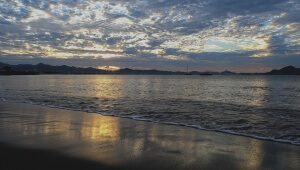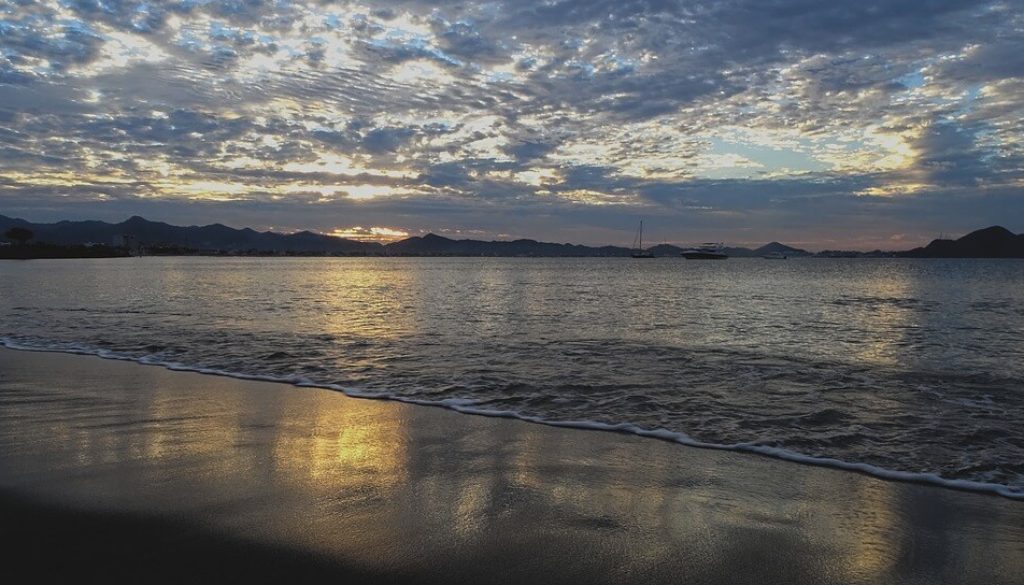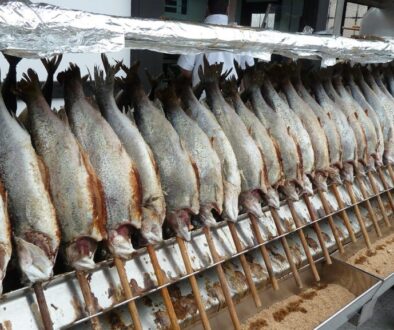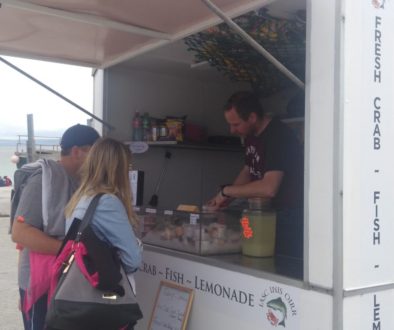
Bluefin tuna in the Mediterranean: good news overshadowed by a dark cloud.
Barcelona, 31st May 2016
LIFE Platform
DG Mare recently announced the opening of the blue fin tuna fishing season (http://ec.europa.eu/newsroom/mare/itemdetail.cfm?type=880&typeName=Press%20Release&item_id=31694). But behind this good news story lies a dark tale of social injustice and of missed opportunity. Hundreds of polyvalent small-scale fishers in the Mediterranean who traditionally targeted Bluefin tuna during a two- to three-month season using handlines, and with each fisher catching a single fish on average, are effectively excluded from the fishery.
Case after case is coming to light of smaller scale fishers being discriminated against by unfair quota allocation systems across the EU that fly in the face of sustainability and social justice. Nowhere is this more so than in the case of Bluefin tuna in the Mediterranean.
Article 17 of the Common Fisheries Policy – CFP Reg. (EU) No 1380/2013 – requires that states use “transparent and objective criteria, including those of an environmental, social, and economic nature” when allocating fishing opportunities. However, of all the possible criteria listed in the article, Member States continue to use historic track records almost exclusively to allocate quotas. Historically, in most cases, small scale fishers have not been required to maintain catch records, and so are unfairly discriminated against by this system.
Article 17 also encourages Member States to provide incentives to “fishing vessels deploying selective fishing gear or using fishing techniques with reduced environmental impact, such as reduced energy consumption or habitat damage” within the fishing opportunities allocated to them. Such a provision could be used to reward small-scale, environmentally sound and socially important fishery activities, but it remains dormant.
Implementation of the potentially revolutionary provisions of Article 17 does, however, require the political will to change from a “business as usual” approach. Historically the CFP has been blind to small scale fisheries. This has meant that its focus has been on regulating larger scale mobile gear fisheries. So, time after time, smaller scale low impact fishery operations have been unfairly discriminated against, despite their inherent social, economic and environmental advantages.
Tuna: a shining example in a gloomy Mediterranean.
In the Mediterranean, the recovery of Bluefin tuna stocks shines out brightly against a gloomy background of overfishing that has got out of control. Generally, Mediterranean fish stocks are in a seriously depleted state, with 93% of those stocks assessed being overfished.
In 2006, Bluefin tuna were thought to be on the verge of extinction. Although it is too early to say that Atlantic Bluefin tuna stocks have now reached sustainable levels, signs of their recovery auger well for the dozens of commercial fish stocks in the Mediterranean that are in the doldrums.
Scientific advice indicates that Atlantic Bluefin tuna stocks are recovering, and this has encouraged the International Commission for the Conservation of Atlantic Tunas (ICCAT) – the international body responsible for regulating the fishery for Atlantic (including in the Mediterranean) tuna to set a 60% increase in the overall TAC for bluefin tuna over the three-year period 2015 to 2017. Thanks to this, in 2016 the European TAC for bluefin tuna is 11,203 tonnes.
The ICCAT decision is also based on improvements made to controlling illegal, unreported and unregulated (IUU) fishing thanks to the use of new technologies and international cooperation, as well as to a range of management measures adopted since 2006 as part of a Bluefin tuna recovery plan for the Eastern Atlantic and Mediterranean.
The dark side to this good news story is that those fishing operations that have had, and continue to have the biggest impact on the resource are being rewarded with additional quota – just the opposite of what Article 17 should be all about. Meanwhile, the smaller-scale low impact fishers of the Mediterranean, who have fished for tuna since ancestral times, with notable exceptions, are being left out of this big quota give-away. These smaller scale operations have a minimum impact on the resource, yet have potentially significant social and economic benefits for communities that depend on fishing.
Those reaping the benefits are essentially the larger scale purse seiners that catch tuna alive for fattening, a relatively recent commercial activity that relies on the use of small pelagic species for their feed. Many of these small pelagic species are being overfished, notably in the Mediterranean.
There is also a worrying sign that this gifting of quota to large scale fishing companies is transforming a public resource into a privately owned commodity through individual (or vessel) transferable quotas (ITQs). For example, Spanish laws now permit the temporary or permanent transfer of tuna quota between vessels with access to the tuna fishery, which could lead to the concentration of the quota allocated to large and medium sized vessels in the hands of a few companies, as well as leading to a speculative investment and trade in tuna quota.
LIFE rejects such a model for allocating fishing rights, whether in the Mediterranean or elsewhere. Fisheries are a global heritage, and it is national governments not private companies are responsible for governing who has access and use of these naturally renewable resources. Commodifying fish stocks through ITQs and similar market based fishery management tools is neither a fair nor sustainable.
LIFE calls on Member State Governments to apply Article 17 of the CFP, both in letter and in spirit of the law. This means applying Article 17 so as to encourage the promotion of responsible and socially beneficial fishing. Giving away fishing rights for free, to a small number of increasingly prosperous and powerful fishing companies has disenfranchised the majority of the fleet, and is turning a public resource into a privately owned commodity.



